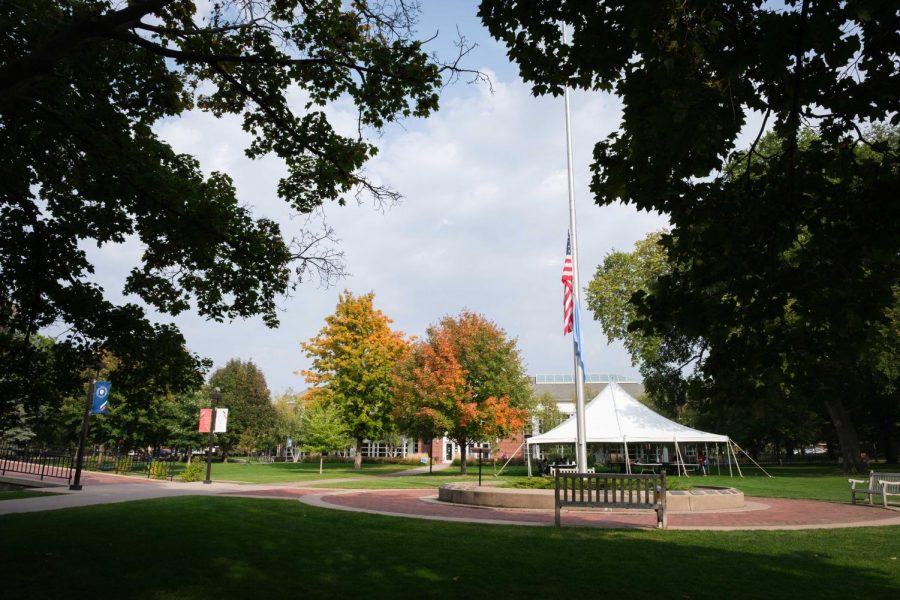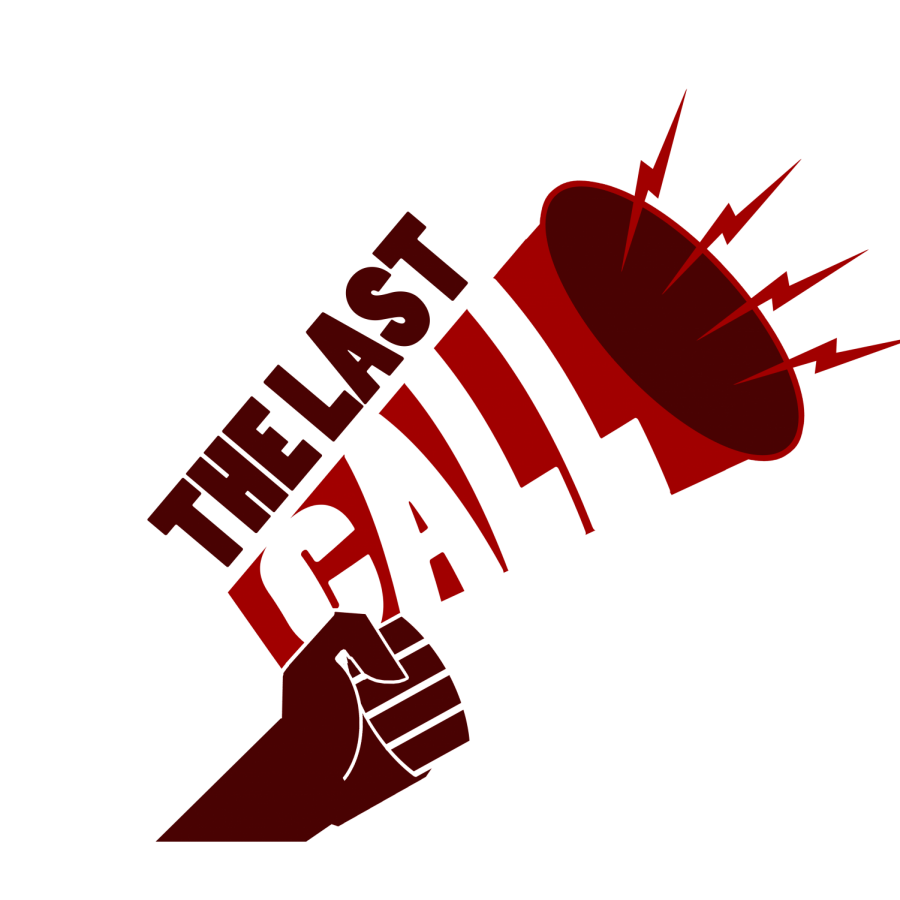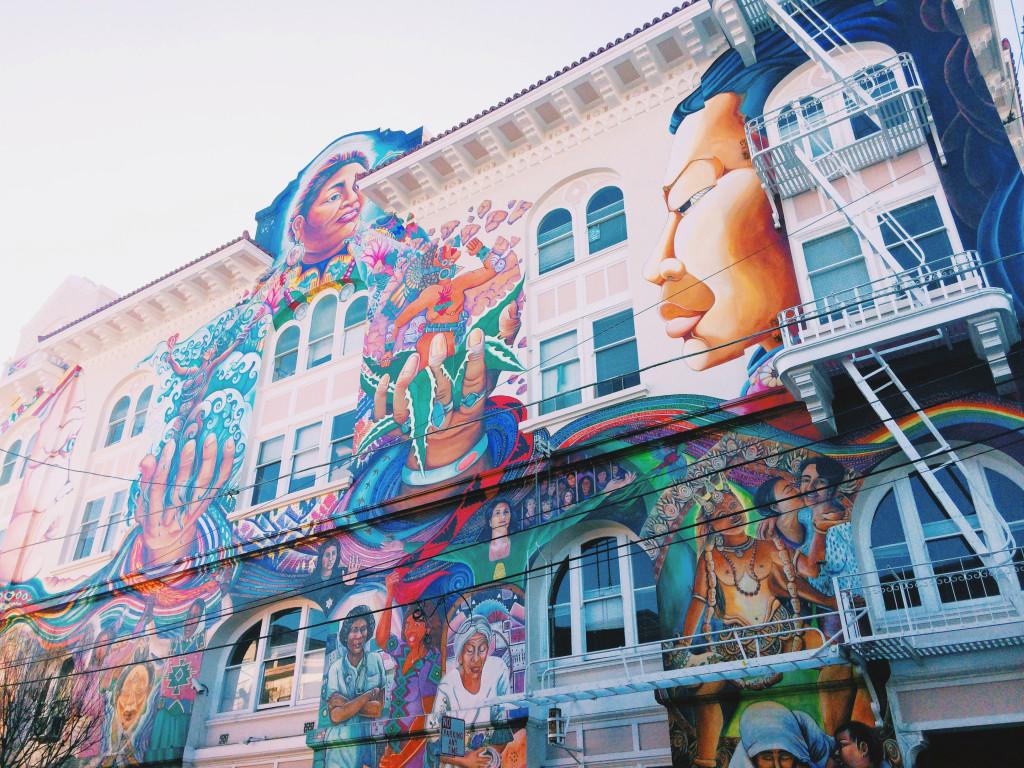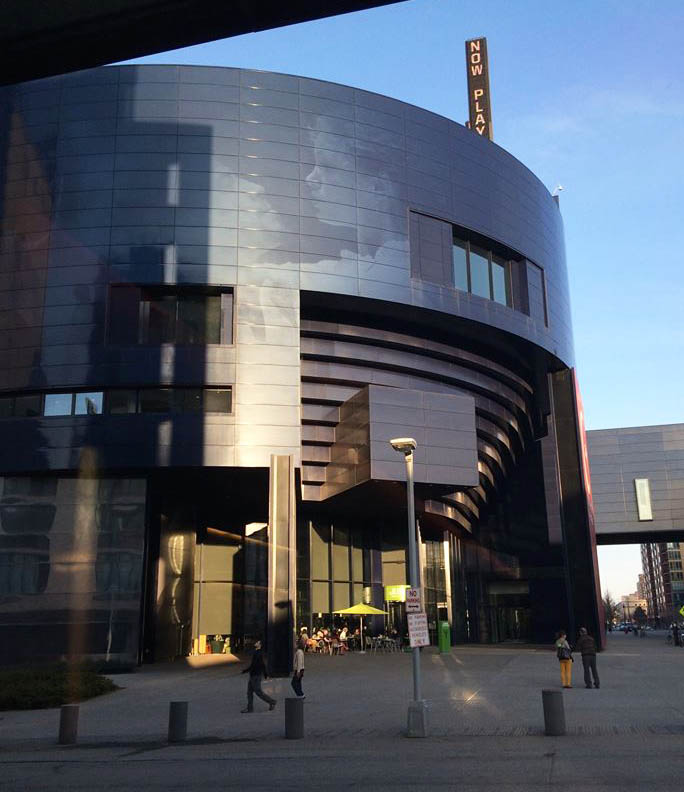This week I am publishing a more personal narrative than I typically do with this column. This piece is part of my comprehensive reflective portfolio as part of my Urban Studies Colloquium class this fall. For our portfolios we each came up with three themes that are meaningful to us within the field of urban studies. For each theme we wrote a short essay. Then, for each theme, we identified three artifacts—papers, readings, reflections, etc. that support the larger theme.
What follows is Pain and the City, the themed essay. This essay is continued in full on my website.
Racial and economic problems influence nearly every major urban issue affecting my hometown of St. Louis. These issues make St. Louis the perfect raw landscape to explore the harsh realities Rust Belt cities face.
In St. Louis, urban problems and their consequences are manifested in the burned out, crumbling buildings in North St. Louis, boarded-up businesses and rampant crime. But more than a visual manifestation, these crises have had a tremendous impact on the psyche of residents. The prospect of a brighter future is nonexistent, and people frequently mention “how great is was when [insert past event].”
This psyche, combined with the physical landscape, evokes the unique and sometimes troubling history of this area and others like it. The artifacts I have selected are rooted in the pain and anger I feel when I see the urban crises and the people directly affected by them. The first artifact is “The Pruitt Igoe Myth,” a documentary on the infamous modernist public housing project that failed. The second is a reflection piece I wrote for my Economics of Poverty service learning project at the Rondo Community Library. The third is a paper I wrote in high school on the problems stemming from the governmental split between St. Louis City and County and why they need to reunite to fix many of the problems. These artifacts are just a small sample of the many unique experiences that have brought me pain and frustration.
This theme is important to me for several reasons. First, while I have been trained to think about urban issues in a critical way, there is a certain point at which frustration and pain takes over. It is this frustration and pain that compels me to act, whether through writing to bring awareness to the issue or by directly volunteering, as I did at Rondo Community Library. Second, feeling pain surrounding urban issues allows me to step outside of my comfort zone, to empathize with those who have, for far too long, faced the consequences of poorly-crafted policies and programs designed by legislators and developers. Third, feeling the pain that surrounds these issues humbles me. It lets me realize how the success of my community came at the expense of other neighborhoods in urban areas. These reasons altogether make feeling pain an important part of the urban experience for me. We can study and critique policies all we want, but until we can empathize and relate to victims of urban crises on a human level, we won’t be able to solve the problems at hand.
Read the rest online here.














Boris Dowd • Sep 11, 2019 at 7:21 pm
I cling on to listening to the news bulletin speak about getting free online grant applications so I have been looking around for the best site to get one. Could you advise me please, where could i get some?
Katherine Bower • Sep 10, 2019 at 1:18 pm
You really make it seem really easy with your presentation but I to find this topic to be really one thing that I feel I’d by no means understand. It kind of feels too complicated and very broad for me. I’m having a look forward to your subsequent post, I will attempt to get the dangle of it!
Owen Payne • Sep 6, 2019 at 8:21 am
Good site! I truly love how it is simple on my eyes and the data are well written. I’m wondering how I could be notified when a new post has been made. I’ve subscribed to your RSS which must do the trick! Have a nice day!